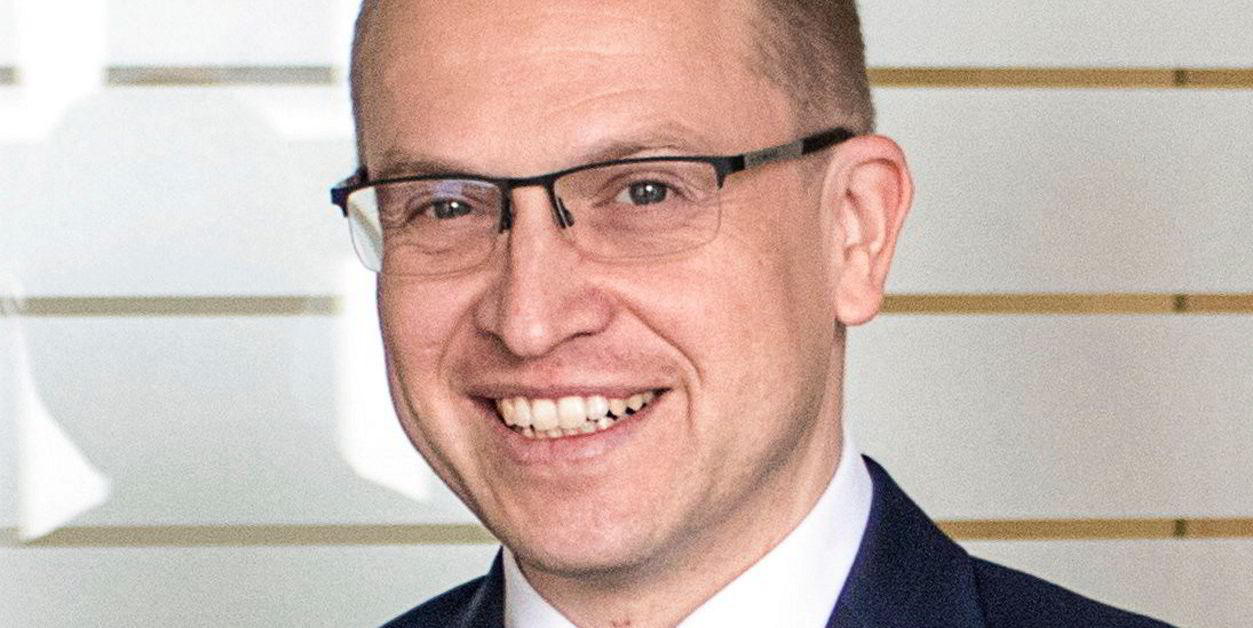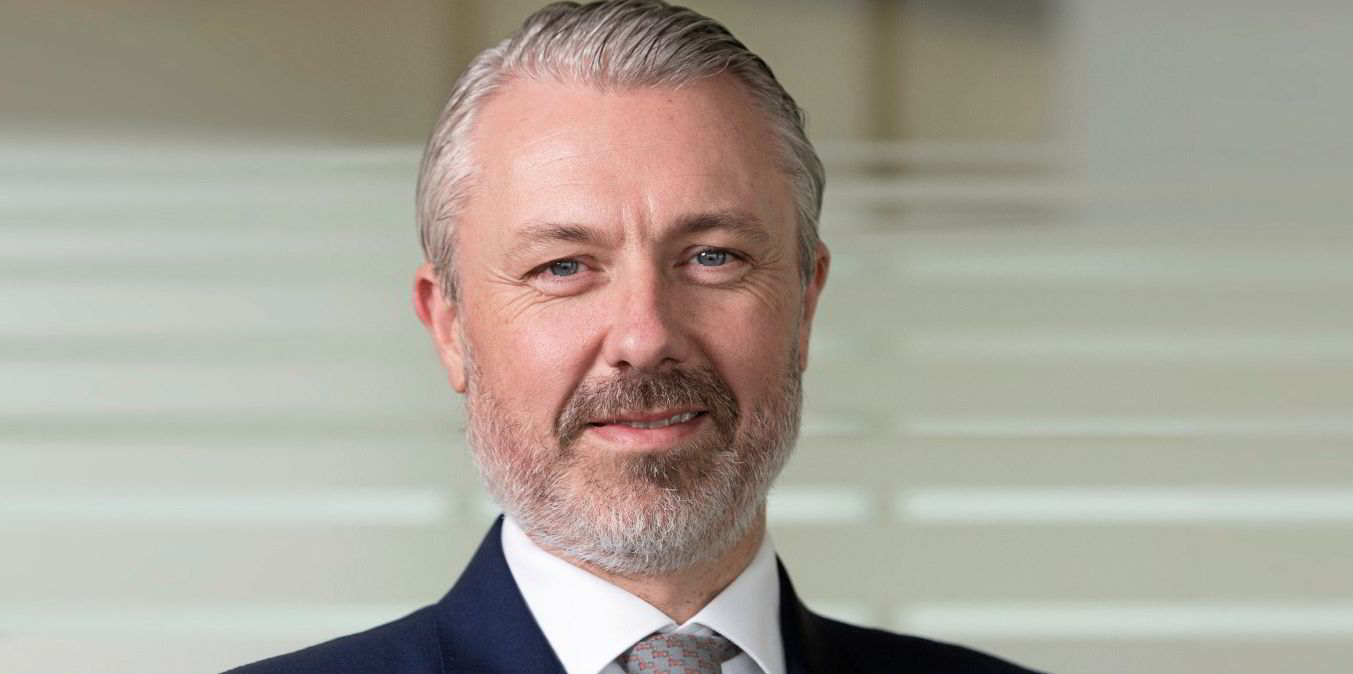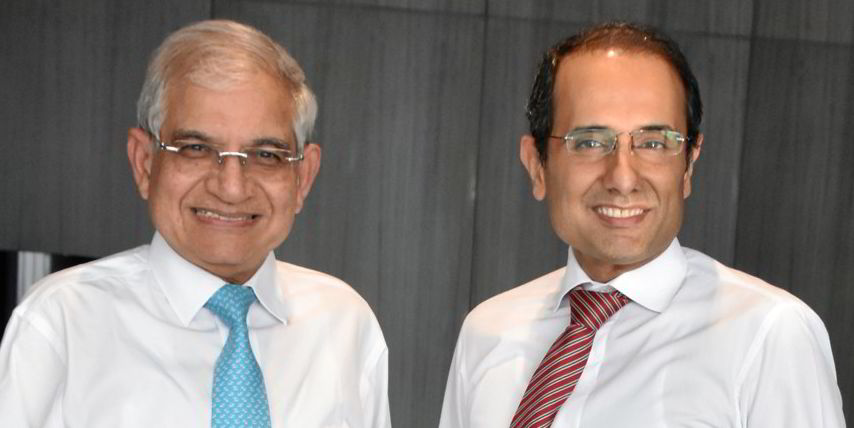Building a ship manager's fleet by corporate transactions rather than organic growth is just fine with V.Ships chief executive Bjoern Sprotte. But he has definite views on the right way to integrate an acquisition.
Sprotte was headhunted to V.Ships after a stint at OSM. The two companies have a common history of growth by acquiring shipowners' in-house management organisations.
Sprotte makes no apologies for that way of growing a fleet. What is important to him is how the integration into the new parent company is planned and executed.
"I would advocate as quickly as possibly bringing the new fleet into a common platform," he told TradeWinds. "The longer you let it drag on, the longer it will take to change the culture."
Sprotte was responding to questions about the Maersk Tankers deal that brought Synergy Marine into the top ranks of third-party ship managers.
That was part of the same trend that OSM took part in when it picked up the technical management arms of Frontline, Golden Ocean and Kristian Gerhard Jebsen Skipsrederi.
But V.Ships has long been a prominent player in ship-management consolidation, and may be set for another round of that kind of growth. The question is how to carry it off.
"Our preference would be to bring people into our ecosystem as fast as possible — but at a pace that allows the personnel to know what is going on," Sprotte said. "The last thing you want is uncertainty on board."
One element of uncertainty is the prospect of losing a job. He acknowledged that one of the attractive elements of a merger from an owner's point of view is exploiting synergies, and that implies deciding whom to sack, whether in the target company or the parent. "People can get worried. If you have two people in similar positions, who is going to be the survivor?"
The bad news does not always fall on the takeover candidate’s employees. At V.Ships, some top executives have come from the daughter company, including managing director of operations Panagiotis Foinikis, a veteran of Costamare until V.Ships acquired its management arm.
A company such as V.Ships or OSM prepares the integration of a target company in a huge detailed document full of timetables and goals, but there are often surprises.
"You will have to do a few dry dockings, a few crew rotations before you know [how an integration will go]," Sprotte said.
"The financials, the IT, that's a couple of weeks. That goes quick. But sometimes you take over ships where the maintenance record has not been kept up to date."
Although he is enthusiastic about fleet takeovers, V.Ships is also keen on organic growth, and Sprotte said the fleet under full technical management will hit 600 vessels by the end of the year, based on contracts already signed for tankers and bulkers.






